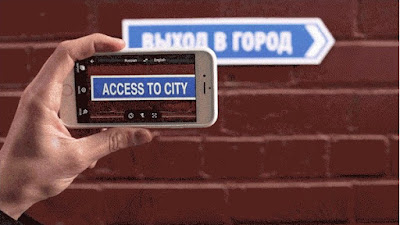German and English are quite closely related languages and many of the source words in English are similar to the equivalent in German, but somehow this doesn’t make English to German or German to English translation any easier. German English translation can be trickier than you think!
It doesn’t take too much examination of poorly translated text to confirm that translation quality is just as important for these two languages as it is for any other. If the documents or material that needs to be translated have any importance at all, then a German NAATI translator with a solid grounding in both languages is to be preferred.
Here are some sample translation examples that demonstrate how what seems to be easy to translate phrases or paragraphs can end up in what becomes a clumsy expression or even worse, misunderstandings that could have been avoided with a more careful choice of German translator.
Take this example from a series of signs posted in a German camp site. The notices had been translated into English for the benefit of any English speaking campers. The German used was excellent and the translated text could easily be understood, but appeared quite clumsy and this is probably because the German translator used was simply not proficient enough in English.
The notice used the German word “geschirrwaschstelle” and the translator translated this in English as “an installation for dish washing”. The English speaking camper would have worked out that this meant what they would normally refer to as a “place to wash your dishes”.
The same notice also used a German expression, that wouldn’t have raised a single German speaker’s eyebrow, intended to politely point campers in the right direction when they wanted to have a shower, but the German translator translated this into English as “making their toilet in a personal grooming location”. The English speaking camper would probably have had a laugh at this clumsy translation but still understood that it meant “use the bathroom for your personal hygiene needs”.
A second example is from an advert posted by a language school in Frankfurt which was hoping to attract English speakers to sign up for German language lessons. The advert had several technical errors, mainly in the use of articles which a German NAATI translator should have got right if used. One phrase said “We assist you to fully merge in the German language”. This would have caused some confusion probably because the German translator mistook the words “merge” and “immerse”, which certainly seem to be spelled similarly, yet have different meanings. The phrase rewritten as “We help you to fully immerse yourself in the German language” would have been a much better choice of words.
There are plenty of examples like this which demonstrate the difference between a professional and amateur translation quality. Poorly translated texts can lose contracts, cause confusion, hilarity or embarrassment, so if your translation needs are important, don’t hesitate to choose a professional and reliable German NAATI translator.

No comments:
Post a Comment